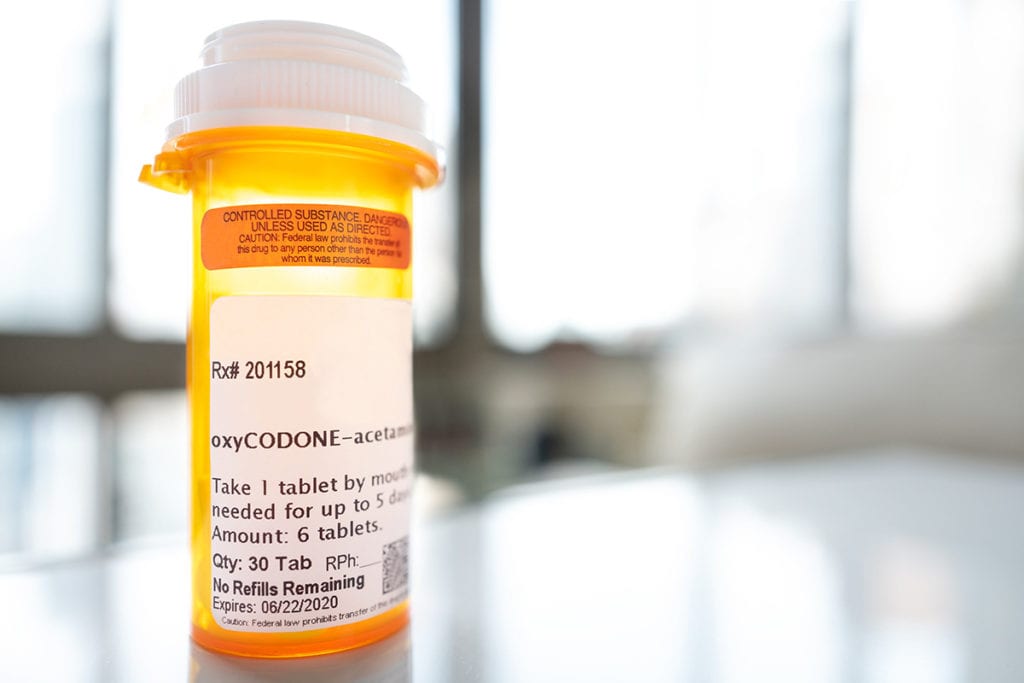Opiates create a broad array of health problems when abused and may be poorly understood by much of the population. For example, some may assume that legal prescription drugs can’t cause addiction. Sadly, that is not the case with opiates. Therefore, you must understand the opiate’s definition to ensure that you remain healthy. Doing so can ensure that you don’t run into any health issues later in life.
The Basic Opiates Definition
The opiates definition, as offered by Drug Abuse.gov, states that they are a “…a class of drugs that include the illegal drug heroin, synthetic opioids such as fentanyl, and pain relievers…” These substances can be made available legally but are often illegal. They include drugs such as heroin, oxycodone, codeine, and many more. These substances often derive from the poppy seeds of the morphine plant, but not always.
For example, synthetic opiates are made from a multitude of chemicals that generate an effect similar to that of natural opiates. When taken, any opiate will bind itself to your opioid receptors. When this happens, your body releases a variety of endorphin chemicals that relax your mind and body. As this relaxation spreads, your heart and lung rates may also significantly decrease.
When properly used, prescription opioids can help to relieve high levels of pain and make life more tolerable. Often, those with terminal cancer or other levels of health problems use this drug. However, even these medicines can be misused. In this situation, a person is likely to experience opiate addiction. In many cases to break an opioid addiction, it takes guidance from an accredited addiction treatment center
How Opiate Abuse Impacts the Nation
The broad nature of the opiates’ definition showcases just how problematic these substances are for the nation. Even worse, statistics show that abuse is getting more widespread. As a result, a growing number of people are finding out, much too late, that opiates should not be abused. Just a few statistics about opiate drug abuse that may take your breath away include:
- About 18 out of every 100 Americans have abused opiate drugs
- Around 68 percent of all drug overdose deaths are opioids
- Approximately 2 million Americans are dependent on prescription opioids
These upsetting statistics showcase the dangerousness of this epidemic. Tragically, opiate abuse threatens the lives not just of those who abuse them but their families as well. For example, children of someone with an opiate addiction may mimic their parent’s abuse patterns. Or they may struggle to avoid anxiety and depression while watching their loved ones suffer as they go through drug rehab to manage this problem properly.
Types of Opiates
Now that you understand the opiate’s definition and the dangers of these substances, you must know what types exist. Currently, there are three opioid types that could affect your health. These include natural, semi-synthetic, and fully-synthetic. Each has different subcategories that you need to understand so that you can fully grasp the extent of your potential addiction:
- Natural opiates – Derived from poppy seeds of the morphine plant, these opiates include morphine, codeine, and thebaine
- Semi-synthetic opiates – These opiates are created in laboratory settings by experimenting on natural opiates and include hydromorphone, hydrocodone, and oxycodone (OxyContin)
- Fully-synthetic opiates – Opioids that are entirely humanmade and which contain no natural elements, and include fentanyl, pethidine, tramadol, and methadone
The type of opiate that you abuse is critical to understand during your addiction treatment. For example, fentanyl is one of the most potent types on the market. More potent than morphine and heroin, beating addiction to it requires very focused care. Just as importantly, you need to understand any underlying psychological issues that may contribute to your addiction.
Let Us Help You Recover
Please contact us at Promises Behavioral Health if you need to know more about the opiate’s definition. When you call 844.875.5609, you get access to a caring professional who will do what they can to help you recover. Our treatments include detox, non-12-step care, dual-diagnosis treatment rehab centers, and much more. Remember: you can conquer your addiction and create the life you always wanted. To verify your insurance now to get started on your individualized drug rehab experience.

